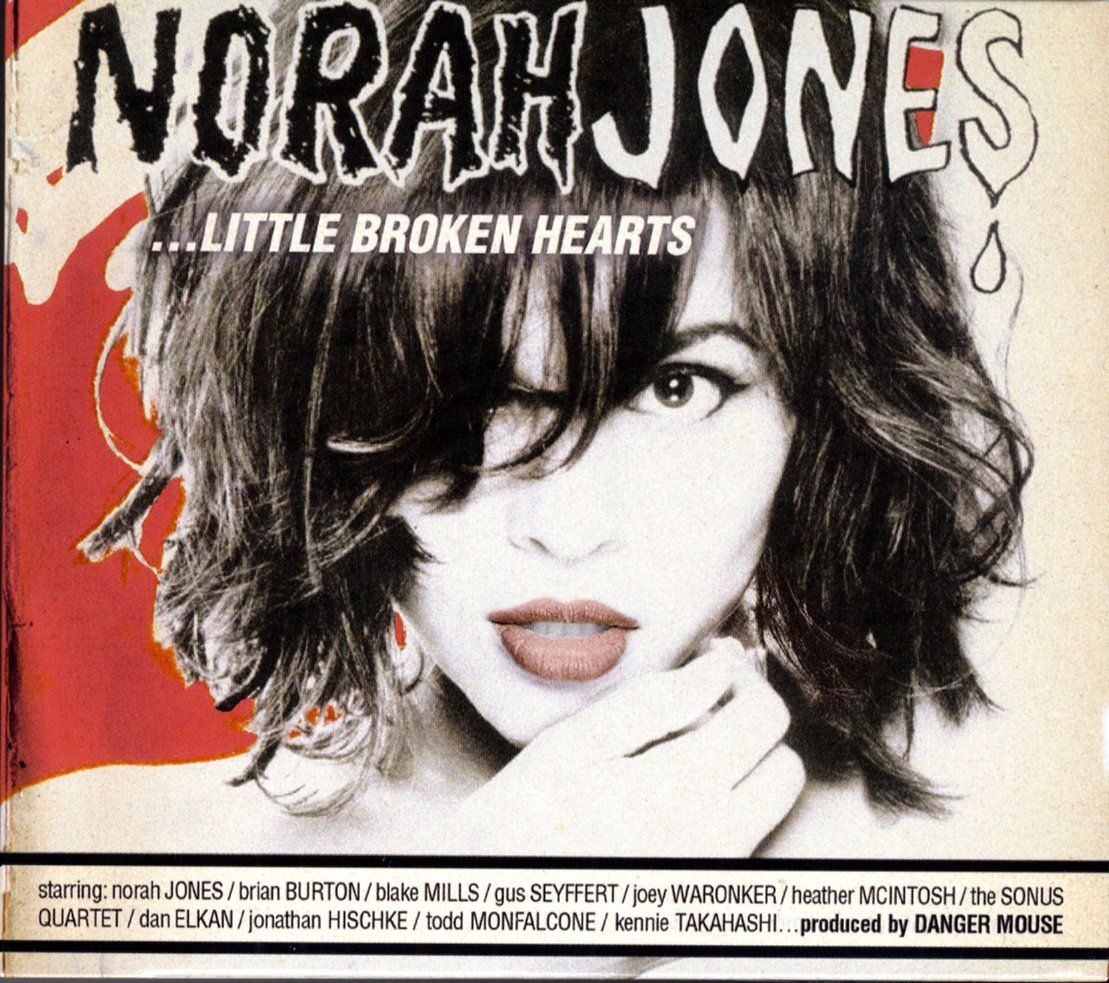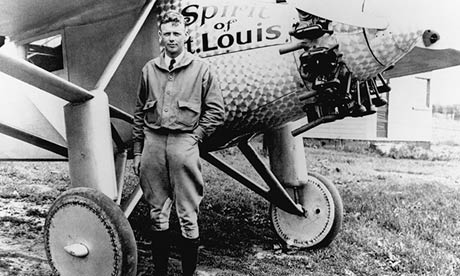"We're all fools whether we dance or not, so we might as well dance." -- Japanese proverb
Saturday, January 11, 2014
Yeah. It's Still Me.
Consider it a part of the general redesign and fluffing of my life right now. I just wanted something different. It may look different again tomorrow. I make you no promises.
Labels:
blog stuff
Little Broken Hearts
Every once in awhile, I stumble across an album that I can't stop listening to. I loop it instead of listening and putting it into a rotation. Generally speaking, I like variety instead of repetition. Little Broken Hearts by Norah Jones is currently sort of obsessing me.
Oh, it's not new. It's been out awhile. I've had it on my list of things to get. I finally did the other night, and it's one of those things I'm kicking myself for not getting earlier.
This album is rare in that I think I like every single song on it. Some cut me more personally than others. Since it's an album of broken relationships as indicated by the title, not all of these places Jones goes are happy ones. They're rendered lovely, though, by her voice and artistry. Sometimes there is beauty even in the shadows of the dark places we go, I guess.
As usual, I also find myself drawn to the lovely little tune with the crazy little lyrics. I was halfway through "Miriam" the first time before I realized what she was saying. I restarted it, pulled up the lyrics online, and I immediately fell in love with it. I think I'm going to make a playlist of nothing but all these happy little psycho songs I have accumulated over the years. I will do this without looking too closely at what that probably says about me....
Most of all, though, I will continue to enjoy the voice of Norah Jones. She has such an unusual and rich sound. Come Away with Me has been something I have enjoyed forever. Little Broken Hearts, however, adds some edge to both her lyrics and her sound. It's different, but unlike some of the reviewers I read, I don't think that's bad. Clearly, as time goes on, we aren't the same people anymore. Our life experiences change us, or they should, anyway, if we're living any sort of life at all. Why do we always seem to expect every album from a performer to sound the same as if they aren't changing, too? That's absurd. We should enjoy the evolution instead of demanding what only really amounts to stagnation.
Oh, it's not new. It's been out awhile. I've had it on my list of things to get. I finally did the other night, and it's one of those things I'm kicking myself for not getting earlier.
This album is rare in that I think I like every single song on it. Some cut me more personally than others. Since it's an album of broken relationships as indicated by the title, not all of these places Jones goes are happy ones. They're rendered lovely, though, by her voice and artistry. Sometimes there is beauty even in the shadows of the dark places we go, I guess.
As usual, I also find myself drawn to the lovely little tune with the crazy little lyrics. I was halfway through "Miriam" the first time before I realized what she was saying. I restarted it, pulled up the lyrics online, and I immediately fell in love with it. I think I'm going to make a playlist of nothing but all these happy little psycho songs I have accumulated over the years. I will do this without looking too closely at what that probably says about me....
Most of all, though, I will continue to enjoy the voice of Norah Jones. She has such an unusual and rich sound. Come Away with Me has been something I have enjoyed forever. Little Broken Hearts, however, adds some edge to both her lyrics and her sound. It's different, but unlike some of the reviewers I read, I don't think that's bad. Clearly, as time goes on, we aren't the same people anymore. Our life experiences change us, or they should, anyway, if we're living any sort of life at all. Why do we always seem to expect every album from a performer to sound the same as if they aren't changing, too? That's absurd. We should enjoy the evolution instead of demanding what only really amounts to stagnation.
Labels:
good stuff,
music,
stuff I love
A Twenties Sort of Day
 In the last 24 hours, I've read two and a half books. The first two were utterly forgettable fluff. The third, though, has been fabulous. It's Bill Bryson's One Summer: America 1927.
In the last 24 hours, I've read two and a half books. The first two were utterly forgettable fluff. The third, though, has been fabulous. It's Bill Bryson's One Summer: America 1927. I've read a lot of Bryson's books, and he has the ability to make any subject fascinating. I have no idea how many hours of research it must take him, but he never fails to show all the layers and connections of his chosen subject.
He also never fails to infuse that subject with humor. Sometimes, it's just subtle irony. Sometimes, it's absolutely side-splitting stuff. His A Walk in the Woods has several passages that make me laugh until I cry.
In this book, he's walking the reader through the Roaring Twenties, showing how all things and people are connected by looking at one singular summer. While it's true that a lot happens in this brief time, he doesn't limit the scope to just those weeks. He traces histories and causes of the things that arise, and he also in some cases goes on to show the long-lasting repercussions and legacies. It's fascinating.
So many of the people and things he's covering have become so well-worn in even the most basic overview of the history of the 20s that I don't think we generally appreciate how much work went into them and how special they really were. He covers baseball, Prohibition, Lindbergh, politics, finance, international relations, and I'm only about halfway through. It's fabulous.
Lindbergh is one of the key figures. Everybody knows he was the first non-stop flight over the Atlantic. Bryson presents the reader with so many things that have gotten lost from the broader, timeline-dot sort of approach to history. I know I personally walked through the Air and Space Museum and saw The Spirit of St. Louis, sort of took a moment to notice it and moved on. Had I read this first, I think I could have appreciated it vastly more. To tell the truth, I spent so little time and knew so little that I didn't even notice that it was a canvas plane treated with a metallic varnish. Bryson's account brought home how terrifying it must have been to try to cross an ocean in what was essentially "a flying tent." I can start to give the accomplishment the recognition it deserves because now I have a feeling of these people as more than photographs and footnotes. I appreciate that depth tremendously.
This is what history textbooks should be like. They should be less concerned with bulleted lists and more concerned with telling the story of the amazingly interconnected web of events that shapes the world. I know that I began to love history only when I had a professor who made those connections for me. My History of England professor assigned us readings that were largely bone dry, but in class, he told us stories of the very real people who were involved in, creators of, or trapped by the wheel of time.
If you're interested in American history, the 1920s, aviation, baseball, literature, politics, or just basic human life, I highly recommend this book. I think it has something for everyone. For me to say that and not have finished yet is probably the biggest indicator of how good I think it is.
Labels:
good stuff,
literary
Subscribe to:
Posts (Atom)

